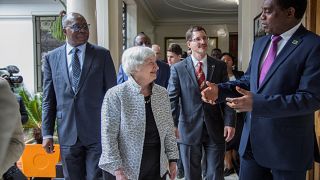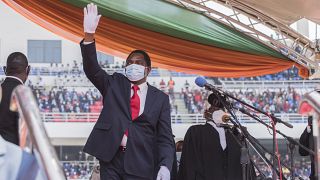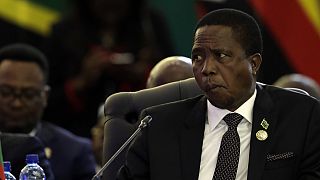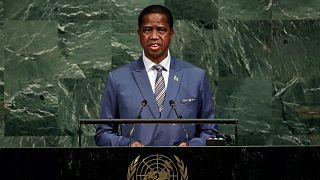Zambia
The International Monetary Fund said on Tuesday (Jan. 10) that corruption had inflated the cost of numerous high-profile tenders and infrastructure projects in Zambia.
At the request of local authorities, an IMF interdepartmental Governance Diagnostic Assessment mission conducted last year a study focused on governance weaknesses and corruption vulnerabilities.
The assessment revealed serious weakness across all state functions. However, those with particular macroeconomic impact were found in areas including public financial management, granting and managing contracts in the mining sector.
"For instance, enormous financial resources invested in infrastructure projects, such as road construction, provided avenues for corruption, especially in the award of tenders, where political connections allowed members of the elite to bend the rules and access to lucrative contracts", the 96-page report read.
The IMF diagnostic says corruption became particularly institutionalized during 2016-2021 period.
Zambia's current leader vowed, upon his election two years ago, to show "zero tolerance" for graft.
Hakainde Hichilema's first targets were members of the government of his predecessor.
Many arrests however ended in bail, with defendants denying the charges.













00:43
American agency S&P downgrades Senegal's credit rating from B to B-
01:53
Ramaphosa suspends police minister amid corruption allegations
01:01
Trial of DRC's former Justice Minister Constant Mutamba postponed for two weeks
01:11
Legal complaint targets family of DRC's Félix Tshisekedi for looting
01:32
BRICS call for IMF reform, fairer AI governance
01:35
Edgar Lungu's family condemns court decision to stop private burial in South Africa